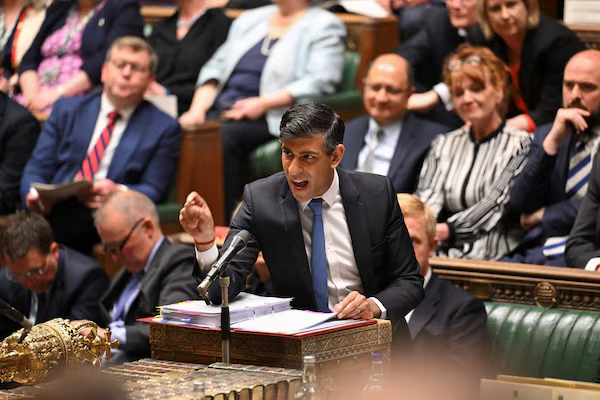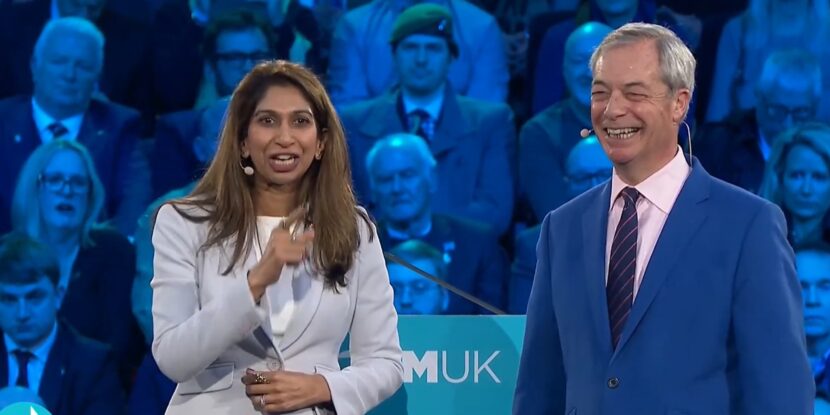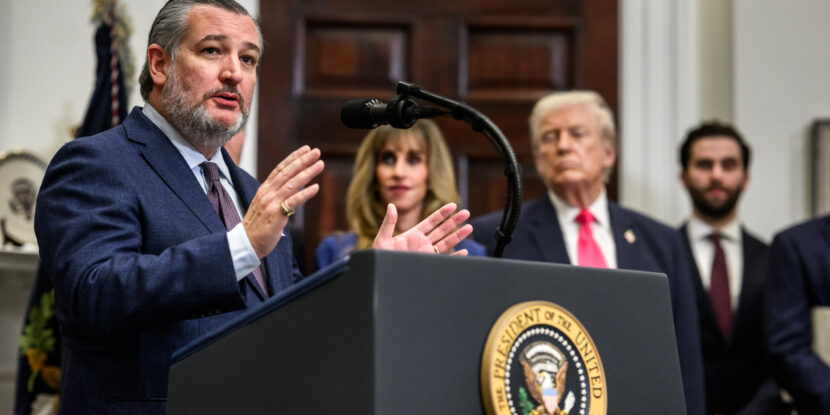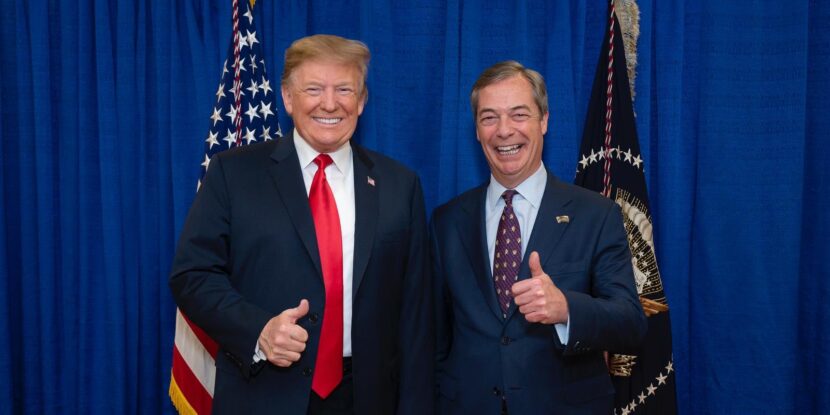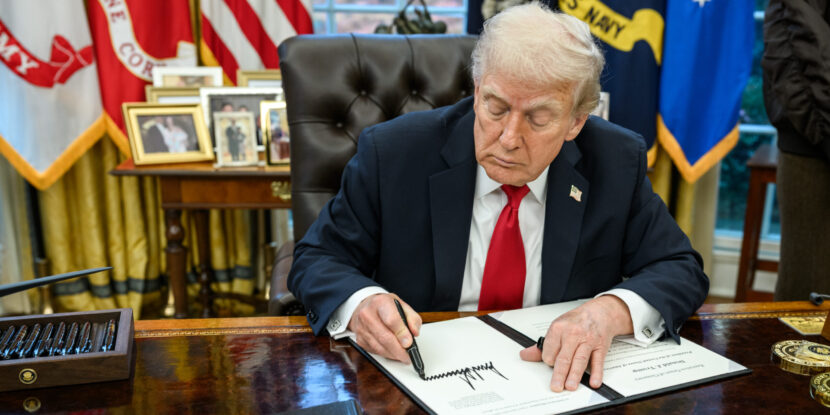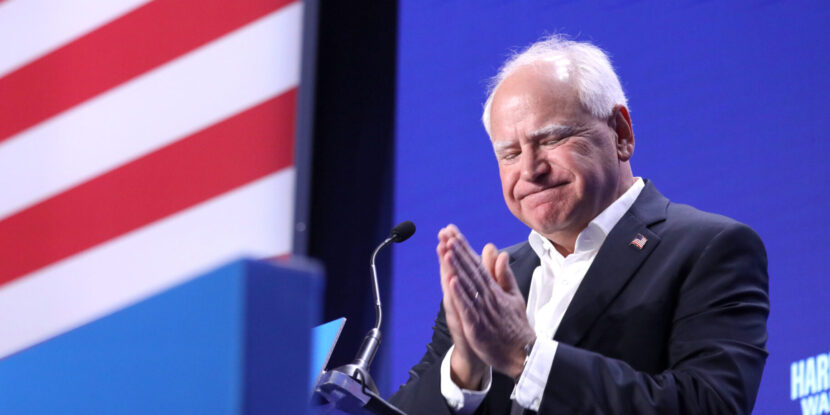Prime Minister Rishi Sunak said on Wednesday that the next UK general election will be held on July 4th, 2024. He asked His Majesty the King to dissolve parliament accordingly.
The snap decision is a sign of Sunak’s concern that the Conservative Party, slated to lose big, will struggle even further if the election is held during the cold winter.
The Conservatives have governed as a center-left party for almost 15 years, presiding over mass migration, inflation, record spending, hate speech laws, and more. In recent months, they have attempted to pivot in order to minimize their losses to right-leaning parties such as Nigel Farage’s Reform UK.
Labour leader Sir Keir Starmer outlined his party’s plans in a pre-election speech, introducing six key measures aimed at improving public services and reducing living costs. Starmer argued that these initiatives align with the concerns of working people, promising higher education standards, improved NHS treatment wait times, and lower energy bills.
The UK Parliament’s maximum term is five years. Since the current Parliament convened on December 17, 2019, it is set to dissolve automatically on December 17, 2024. Considering the rules established by the Dissolution and Calling of Parliament Act 2022, the latest possible date for a general election would be January 2025.
Sunak’s spokesperson did not rule out the possibility of an election before the end of the year but refrained from commenting on speculation about a potential July election or anticipated Cabinet reshuffles.
The previous general election on December 12, 2019, resulted in a significant victory for the Conservative Party, securing a majority of 80 seats and the highest share of the popular vote since 1979. The election, called by then-Prime Minister Boris Johnson, aimed to resolve parliamentary deadlock over Brexit.
The Fixed-Term Parliaments Act 2011, which mandated five-year intervals between elections, was repealed in March 2022. This reversion to the prior system restored the Prime Minister’s ability to request the dissolution of Parliament, enabling more flexible election timing.
General elections in the UK have traditionally been held on Thursdays since 1931, a practice believed to boost voter turnout by avoiding the weekend.
